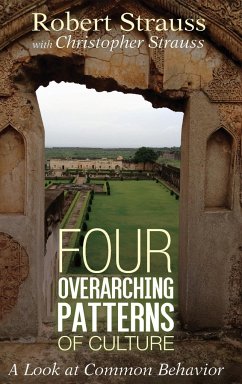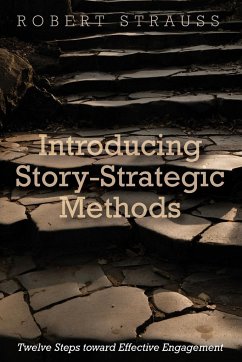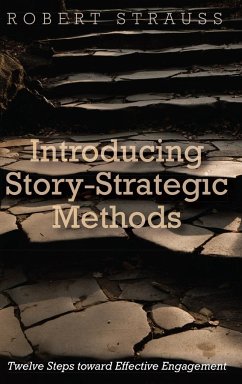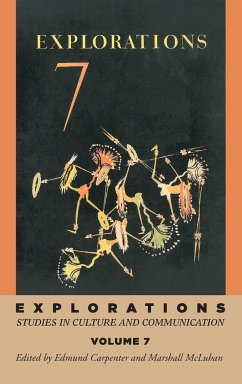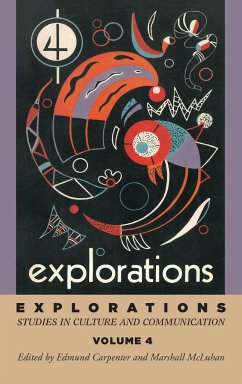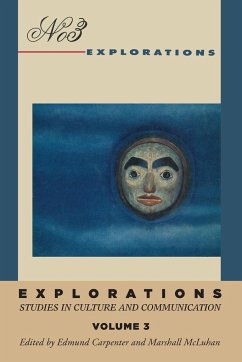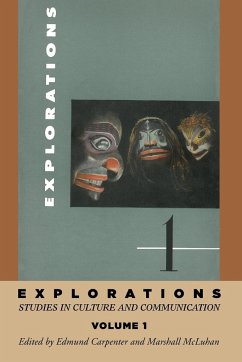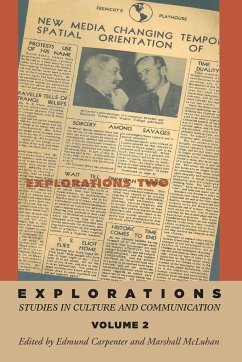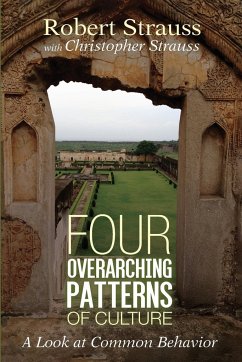
Four Overarching Patterns of Culture
Versandkostenfrei!
Versandfertig in 1-2 Wochen
25,99 €
inkl. MwSt.
Weitere Ausgaben:

PAYBACK Punkte
13 °P sammeln!
Justice has been the dominant cultural framework of people in the West for two centuries, ever since the rise of constitutional democracies. Consciously or not, most people in the West have a strong awareness of right and wrong. Their sense of morality is generally rooted in an obligation to the rule of law. In democratic societies, the rule of law ultimately relies on constitutional documents ratified by a widely-accepted process of development and implementation. For millennia, honor has been the dominant cultural framework of most people in the East and Middle East. Here, people know that s...
Justice has been the dominant cultural framework of people in the West for two centuries, ever since the rise of constitutional democracies. Consciously or not, most people in the West have a strong awareness of right and wrong. Their sense of morality is generally rooted in an obligation to the rule of law. In democratic societies, the rule of law ultimately relies on constitutional documents ratified by a widely-accepted process of development and implementation. For millennia, honor has been the dominant cultural framework of most people in the East and Middle East. Here, people know that speech and behavior display respect or disrespect. While pervasive in all relationships, honor and shame are most important in the family, extended family, and local community. In the East, honor is not necessarily an internal feeling, as it is in a justice culture. Honor is more often an external attribution bestowed by others rather than claimed by oneself. Harmony is prevalent globally in indigenous cultures. Many indigenous peoples do not distinguish between the supernatural and natural worlds. All aspects of life are connected. Interactions with spirit beings are the key to maintaining harmony in order to be secure. Reciprocity is a common cultural framework in the Global South. Here, one learns to develop connections with the right people in given circumstances for needed resources. These connections may or may not be characterized as ""friendships"" and provide not so much close friendships as reciprocal exchange. In some places, reciprocity is the means whereby one survives.




